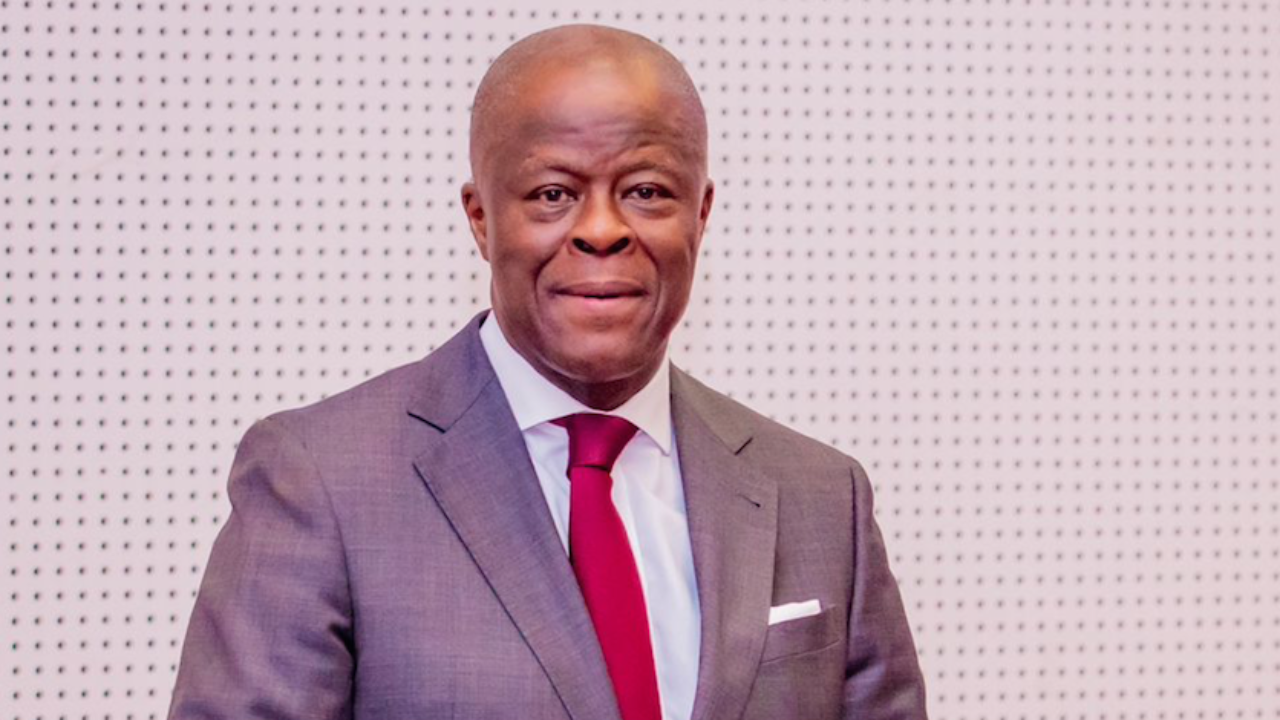FG to pay youth unemployment benefits, give purchasing power to poor Nigerian

FG to pay youth unemployment benefits, give purchasing power to poor Nigerian

FG to pay youth unemployment benefits, give purchasing power to poor Nigerian
Notifications